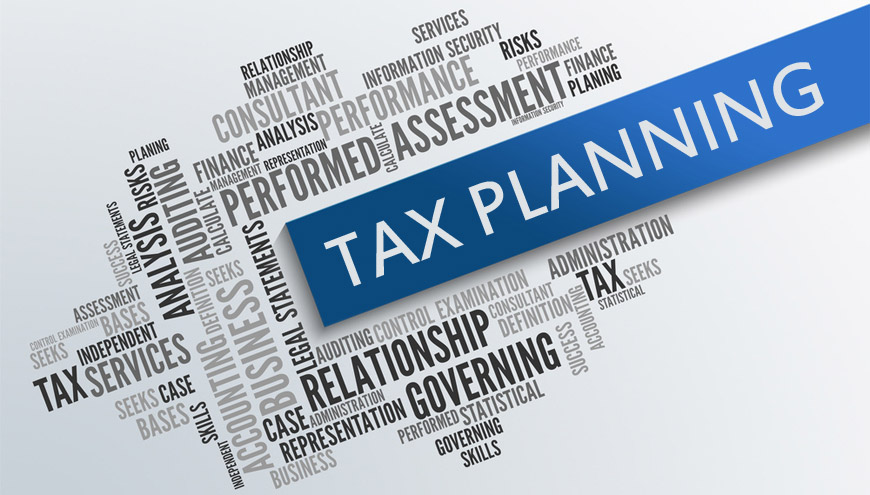Tax Planning is an Investment Like No Other
-
TaxWealth
-
Mar 01, 2020

If I told you I can guarantee you 100% return on your investment in 60 days, would you believe me? No? Okay, what if I added, “…with little or no risk!”?
If you are anywhere close to being a rational person, your mind is screaming: “This is a scam! Run the other way!” Most of the time, such a ridiculous claim would be suspect. However, if you look at investing through the lens of saving taxes, my offer is valid: Every dollar you save on a tax bill equals a dollar more in your pocket, a 100% return.
According to the Cambridge Dictionary, the meaning of “Invest” is “to put money, effort, time, etc. into something to make a profit or get an advantage”. Proactive tax planning takes an investment of time, effort and money that can easily give you a return that is multiple times that of traditional investing, achieved within just a few weeks, with little or no risk. To illustrate the point, let’s contrast the investment of buying real estate to an investment in proactive tax planning.
When evaluating an investment property for possible purchase, you must evaluate location, type of property, condition of the property, type of renter, rent rolls, possible increase of those rents, and a host of other items. This data is put onto a spreadsheet, forecasts are made and decisions taken. But whatever decision you make, it is based on supposition.
- If A, B or C occur, it will be a great investment.
- If D, E, or F happen, it still could be a good investment.
- If G, H or I come to pass, the investment goes bad.
The buyer has pinned his hopes, and perhaps hundreds of thousands of dollars, entirely on the data examined, supposing it is correct and the odds of success are in his favor.
Not so with proactive tax planning. You need make no suppositions because all decisions are based on existing written law, verified by your own CPA and attorney.
- Your investment is the fee you pay your tax planning advisor.
- Your Return on Investment is the tax savings you gain.
How does this work in practice? Here is a recent example:
A new client recently referred to me had sold two rental properties last year, triggering $100,000 in capital gains taxes. Following our tax planning process, we identified a law that allowed her to apply the tax benefits to the previous tax year and gain for her $72,000 in tax savings.
Her tax-deductible fee for us to do the planning was $18,000; but her actual cost, or investment, was $11,106, after deducting $6,894 in federal and state tax savings she gained from deducting the fee as a legitimate business expense. The $72,000 in tax savings she obtained by applying this law is her Return on that investment. This netted to her a stunning 648% ROI, and it was achieved with no risk.
Why no risk? Two reasons:
- Her savings were based on existing, IRS-tested tax law that has been available to property owners since 1987.
- We charge a planning fee only if we find legitimate tax savings. No tax savings gained? No fee to pay.
The responsibility of a competent tax planner is to review a client’s tax returns to recognize missed planning opportunities, identify taxes that are wastefully being paid, and pinpoint lawful ways for the taxpayer to keep those dollars instead of needlessly paying them in extra taxes.